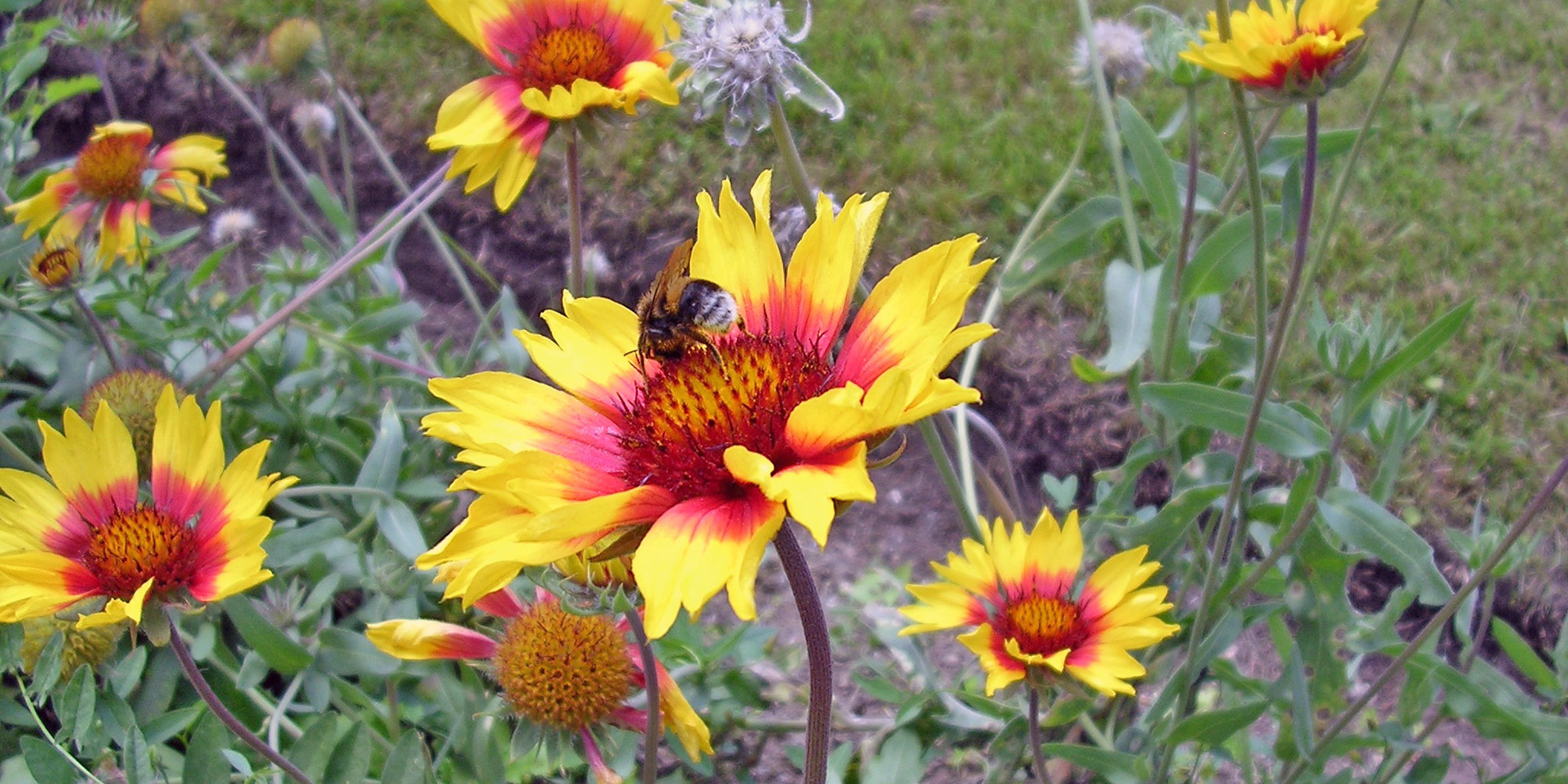School of BioSciences
Faculty of Science, The University of Melbourne
We love life. Our planet inspires us to understand how animals, plants, fungi, bacteria, and viruses work, how they evolve and how they interact.
We are fascinated by the breadth and diversity of life and living systems, from the building blocks of life to entire ecosystems. Understanding life allows us to address many of the challenges facing humanity today, including the need to produce healthier food, protect human populations from disease and protect ecosystems from climate change, habitat loss and degradation.
Our students learn directly from world-leading researchers who explore biological phenomena and global challenges, using microbes, plants, animals, and fungi. We are dedicated to nurturing the next generation of bioscientists and sharing our passion for biology with our community.
Our school at a glance
-
Research
The School of BioSciences is home to a diverse range of researchers working on some of the biggest issues we face today.
-
Study with us
We cultivate a vibrant community of over 200 students studying at undergraduate, masters, and PhD levels.
-
Engage with us
We love to share our passion for the biological sciences and the work we do. This is why we work with schools and community groups, partners, alumni, and the public to share our research and demonstrate its impact.

The study of living things leaves you humble. So much is still a mystery, and finding out the beauty and complexity of life on Earth is a joy. Modern biology is increasingly interdisciplinary and applies collective thinking to delve into fundamental questions of life as well as help solve this century’s global challenges. Margie Mayfield, Head of School

Featured research centre
ARC Centre of Excellence in Plants for Space
Plants for Space is reimagining plant design and bioresource production through the lens of space. Through our four missions, we pave the way for off-Earth habitation while delivering innovative solutions that enhance sustainability on Earth.
Our collections and facilities
-
University of Melbourne Herbarium
Australia's largest university herbarium houses around 150,000 specimens of flowering plants, ferns, bryophytes, algae and fungi, as well as historic botanical objects and artwork.
-
Tiegs Museum
A collection of zoological specimens dating from the 19th century to the present. Holds a working set of a huge variety of animals, both vertebrate and invertebrate.
-
Biological Imaging
Makes available state-of-the-art electron and optical microscopy equipment to students and staff of the University of Melbourne, as well as the wider community.
Foundations

Botany Foundation
The Botany Foundation supports excellence in education and research in botany addressing issues relating to the use of plants, the environment, food security and nutrition.
Find out more
Native Australian Animals Trust
The Native Australian Animal Trust provides a way for people who are passionate about Australia’s wildlife and their environments to connect with and support the University of Melbourne’s research, teaching and engagement activities.
Find out more